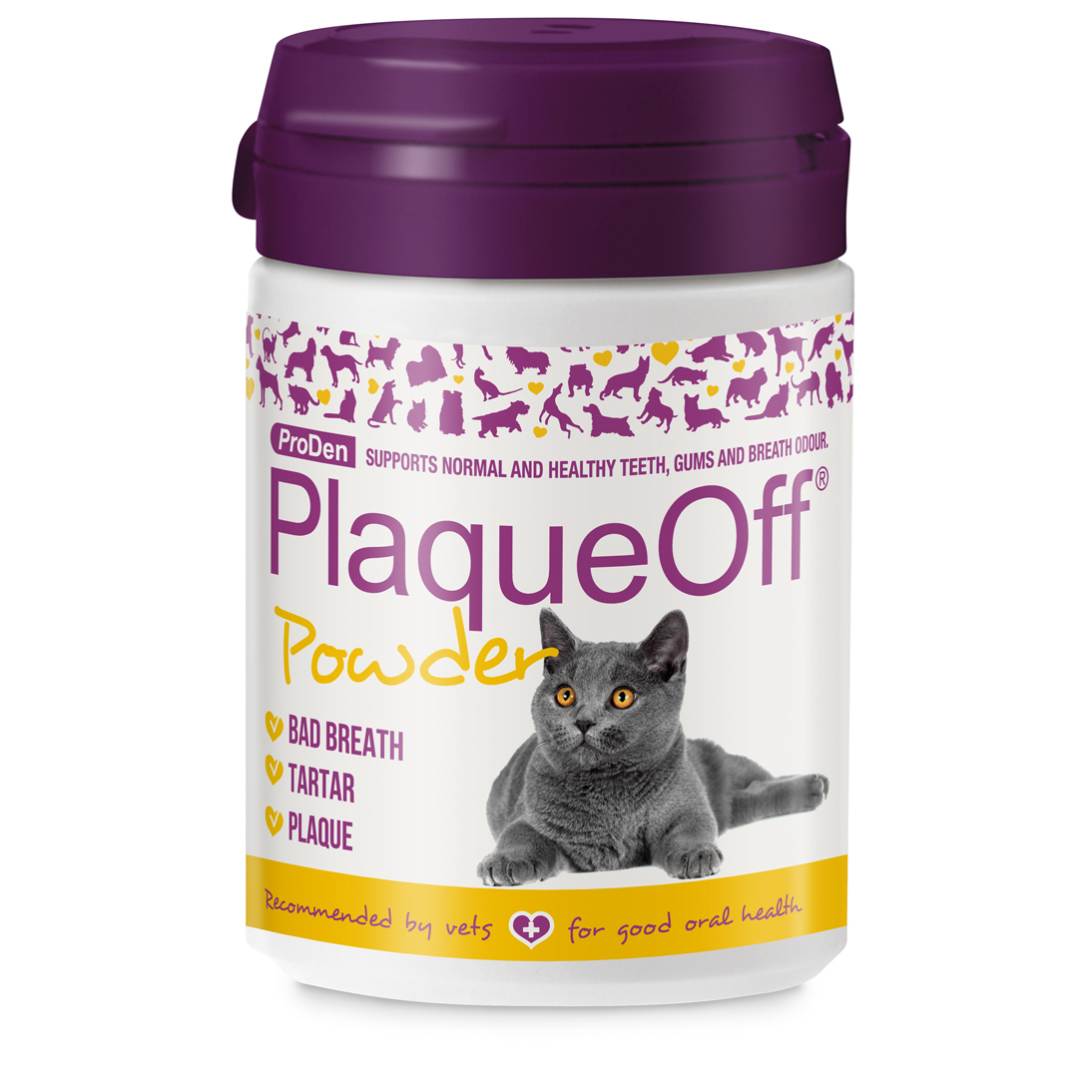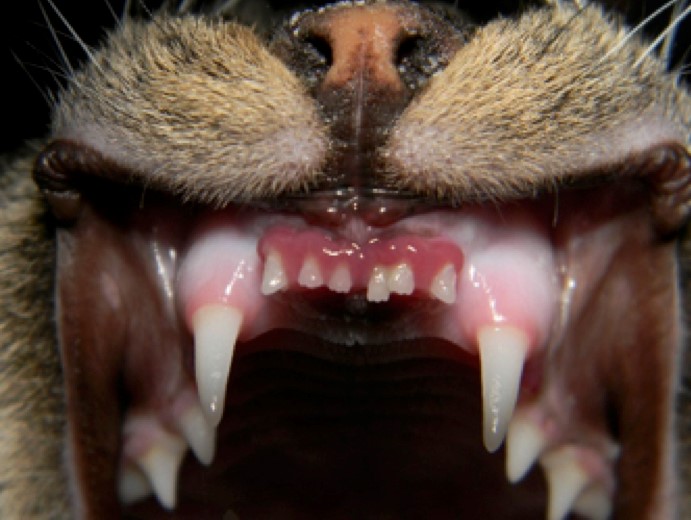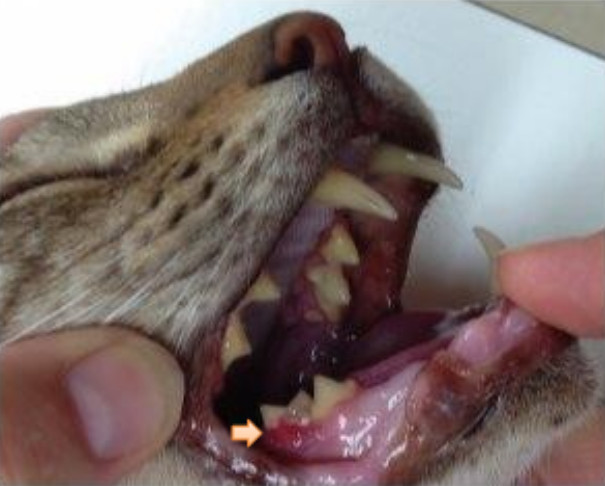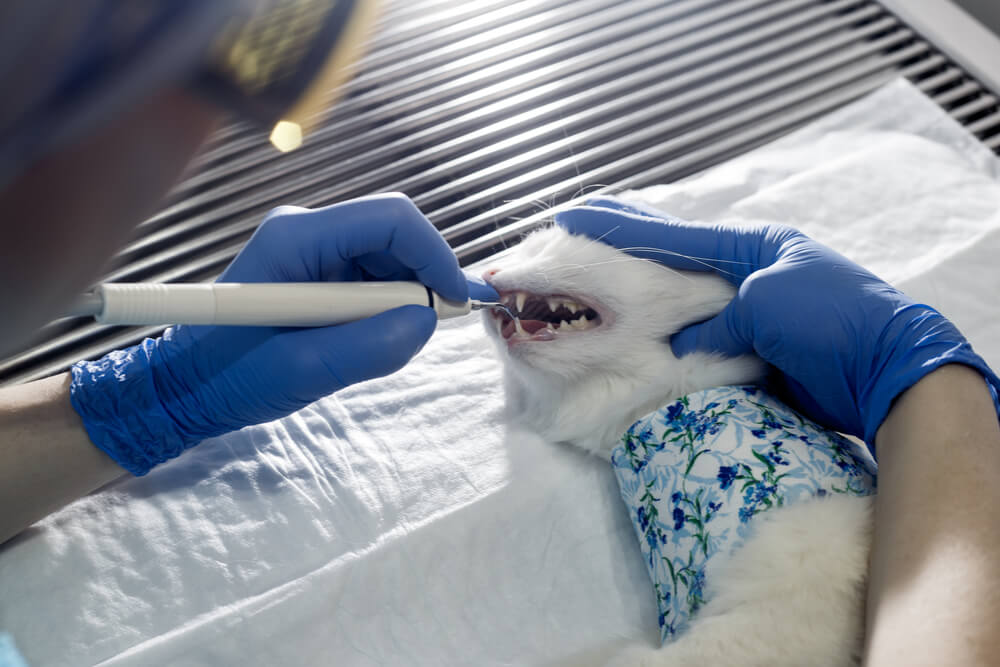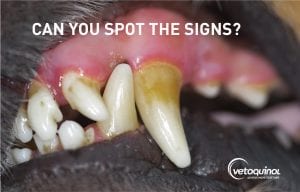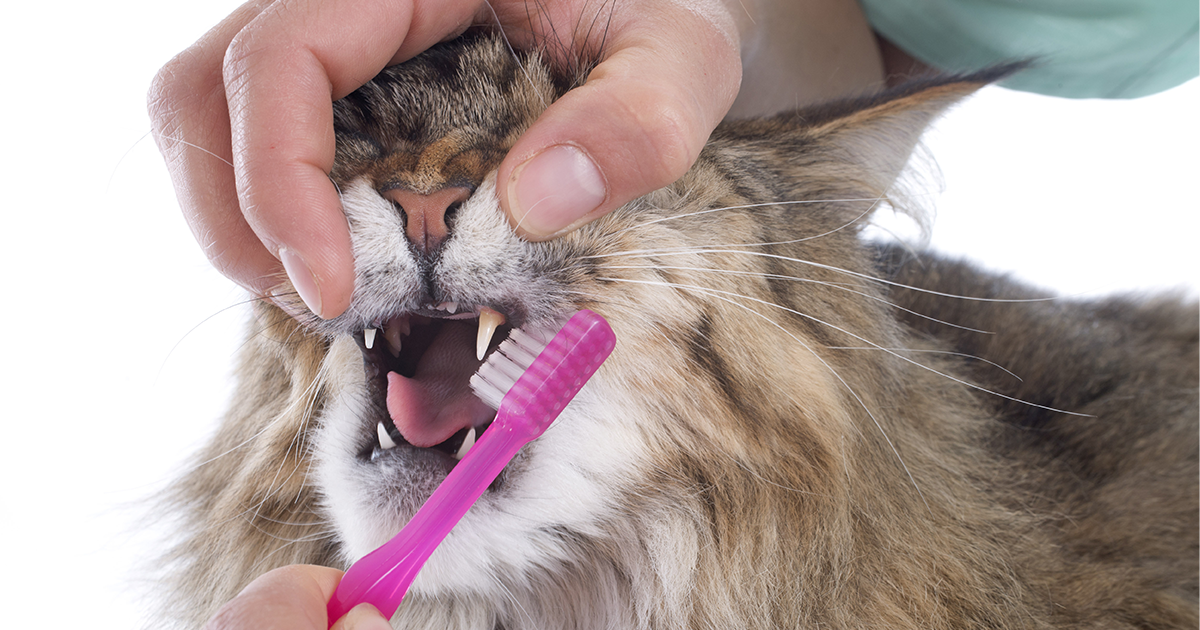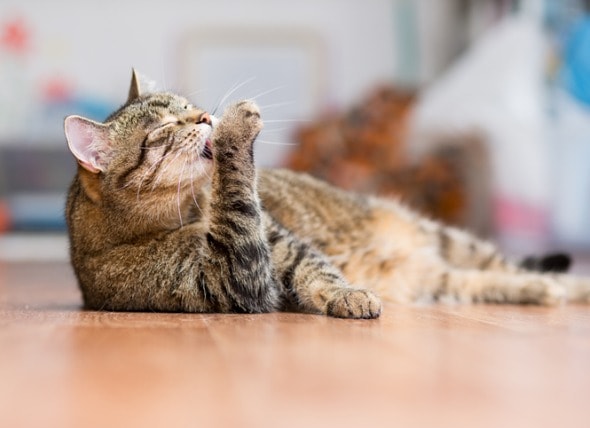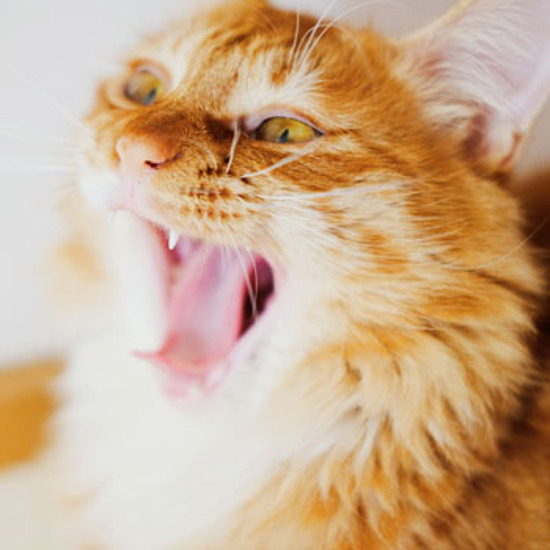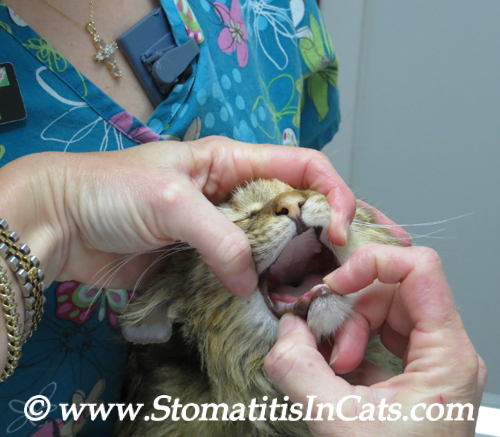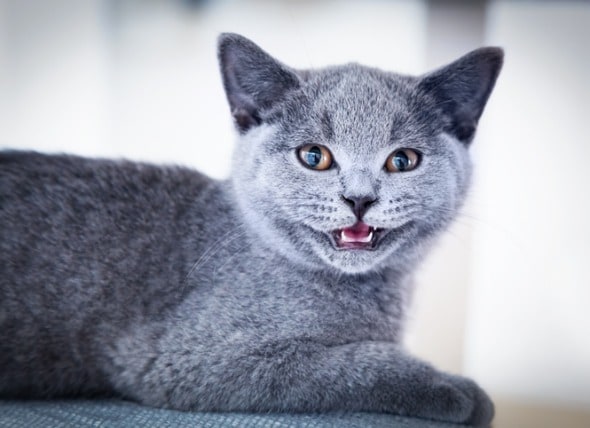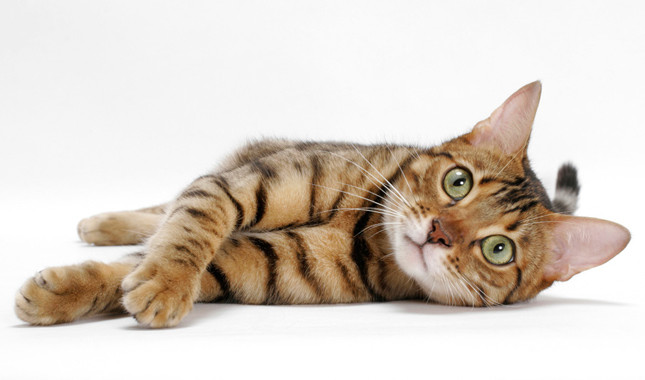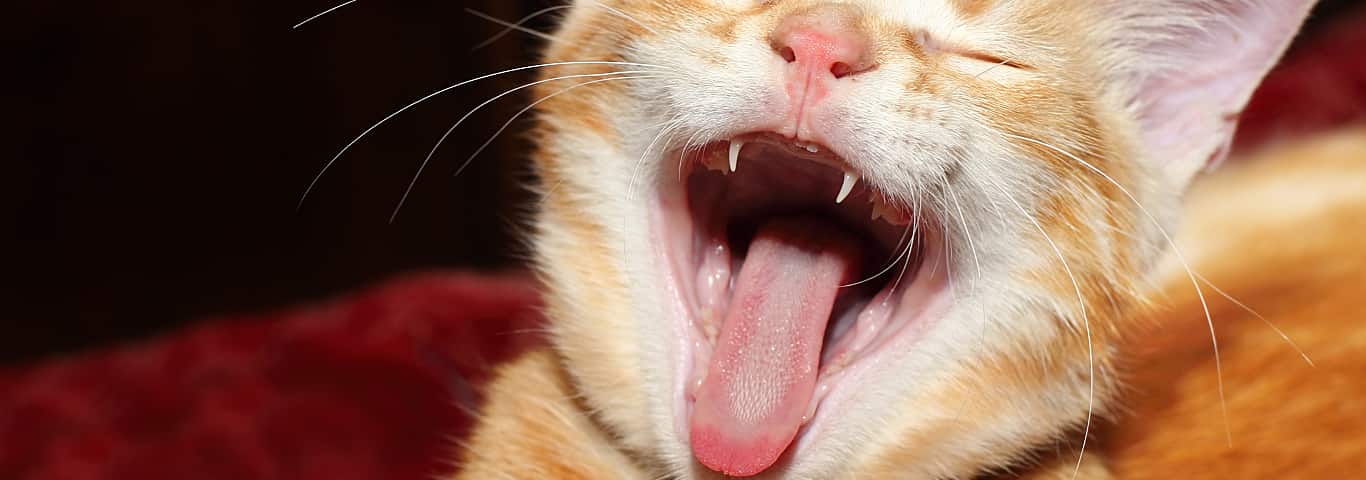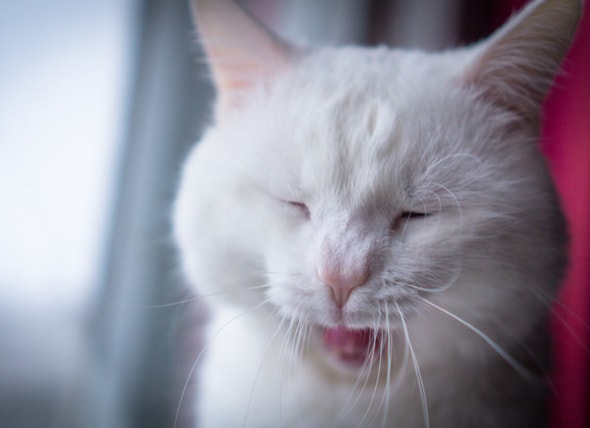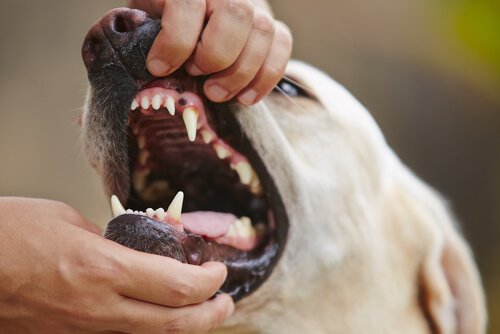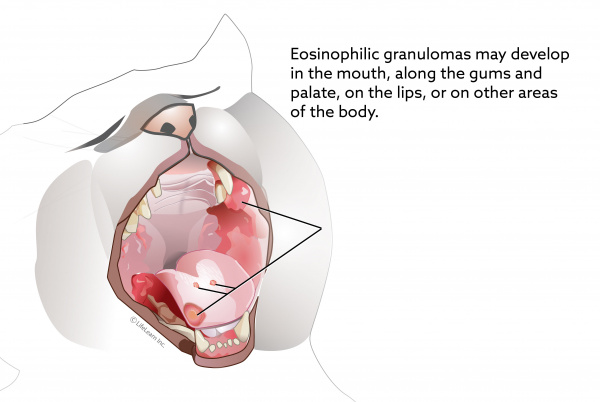Gingivitis In Cats Antibiotics

He had exploratory surgery over a year ago.
Gingivitis in cats antibiotics. The veterinary solutions are antibiotics steroids and finally teeth extraction often full mouth. We have him on ammoxicillin for more than two weeks but it isn t working. Gingivitis is the earlies stage of periodontal disease a condition that seriously affects the gums teeth and overall health of your feline pet. The cat is a neutered 5 year old lynx point oriental.
It is one of the earliest signs of periodontal disease and is reversible with proper care but if left untreated could become severe and lead to more advanced stages of the disease. Feline gingivitis can affect cats at any stage and at any age although it is more common in young cats and adults. It can affect cats of all ages but occurs most often in kittens or young adult cats. Gingivitis is the mildest form of periodontal disease where inflammation of the gums gingiva develops.
Cats don t brush their teeth. Gingivitis is the inflammation of the gums and is a common problem in cats but if it is not treated properly it can get worse. Without a proper cleaning this buildup can lead to a gum disease called gingivitis. The first step in treating gingivitis is anesthesia and removing plaque.
Mild gingivitis is very common in cats of all ages and is considered the earliest stage of periodontal disease. Plaque build up is the most common dental issue affecting cats. There are different broad spectrum antibiotics available that may be helpful in the treatment of gingivitis. The gums loosen their grip on the teeth so they too cause pain.
Understanding the causes of gingivitis can help you prevent this painful flare up in your kitty companion. If they did gingivitis probably wouldn t be such a problem for feline friends. What is the cause of gingivitis in cats or stomatitis. Infection and inflammation spread from the gums to the ligaments and bone that support the teeth.
What antibiotic do you recommend for a cat with gingivitis. With moderate gingivitis as time advances plaque will accumulate on the teeth and the gingiva will become more inflamed and gum recession may begin at this stage. Gingivostomatitis is one of the most common problems among middle aged cats. The best thing to do is to take care of the oral health of your cat.
A hiatal hernia was repaired and biopsies which were negative for cancer were taken of his inflamed intestines. The best way to prevent gingivitis in cats is to regularly remove plaque build up by tooth brushing see figure 1. Gingivitis is an inflammation of the gums and it affects four out of five cats over 3 years old. It is important to use only tooth gel or toothpaste designed specifically for cats as human products can be toxic to cats.
Left untreated loss of support causes the teeth to become loose and eventually fall out. In some cases cats with gingivitis will show a preference for soft foods. None of this deals with the cause so benefits are short lived at best.

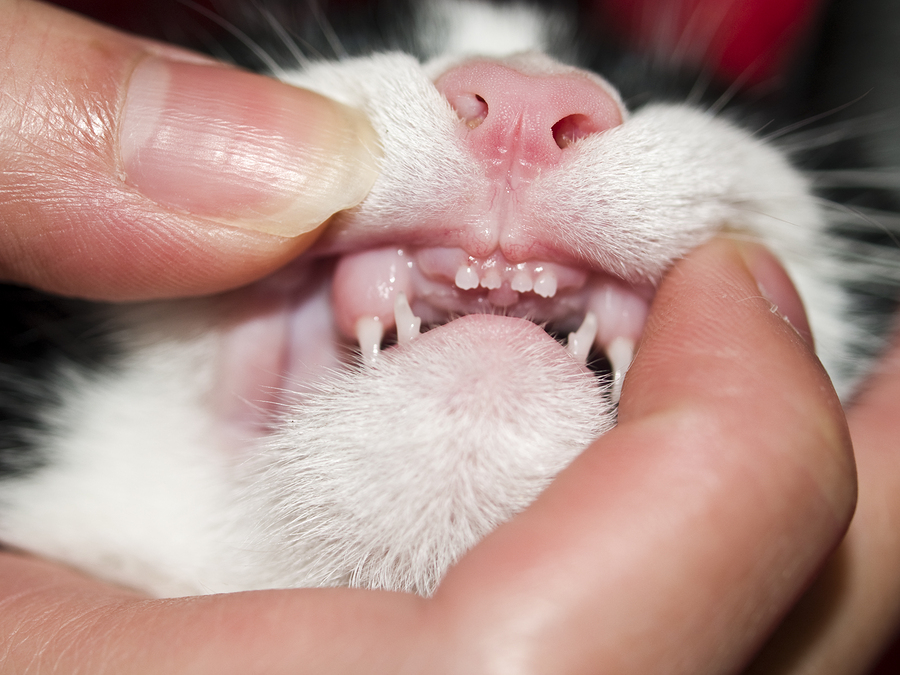


/GettyImages-1070773306-cac36f24ae6347d28658b0fa0f9d5387.jpg)
